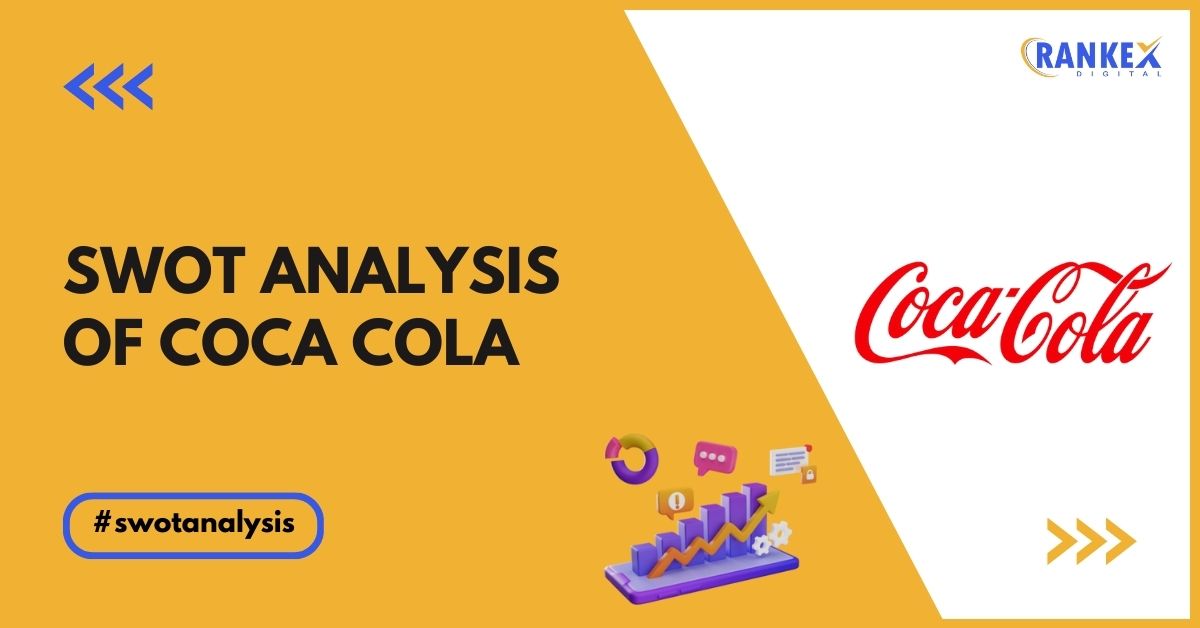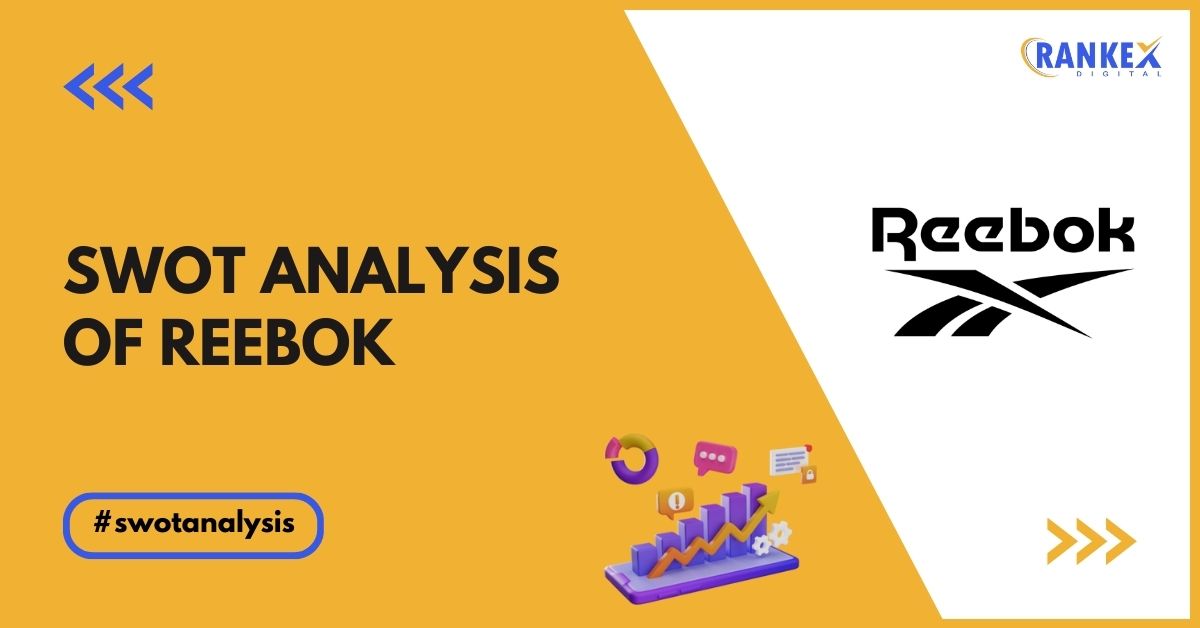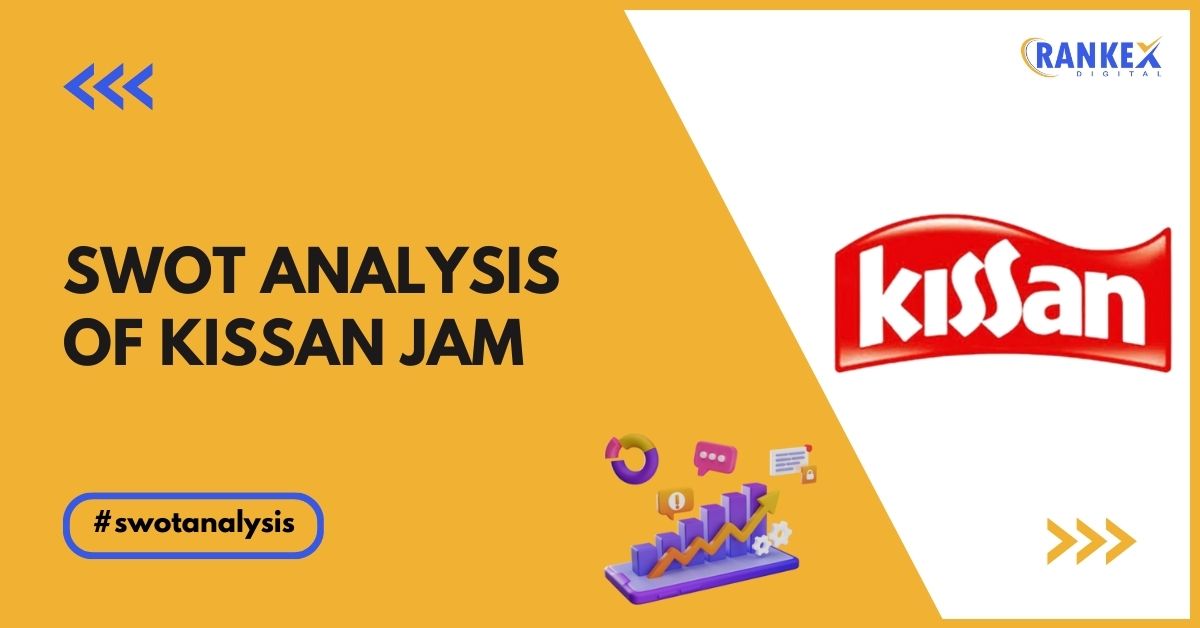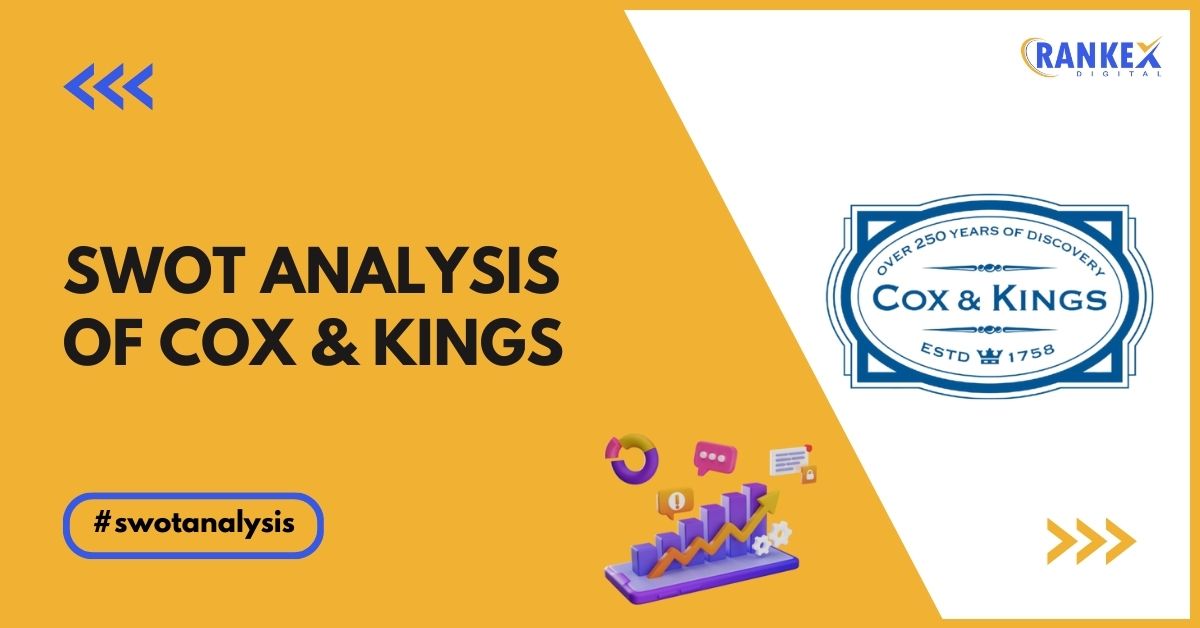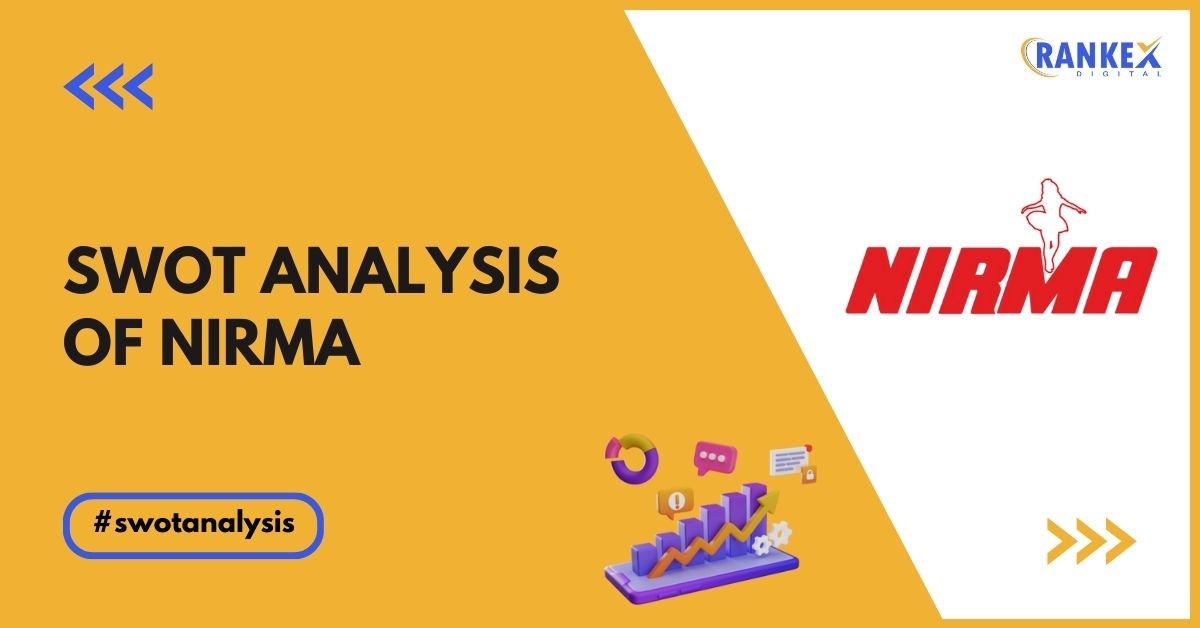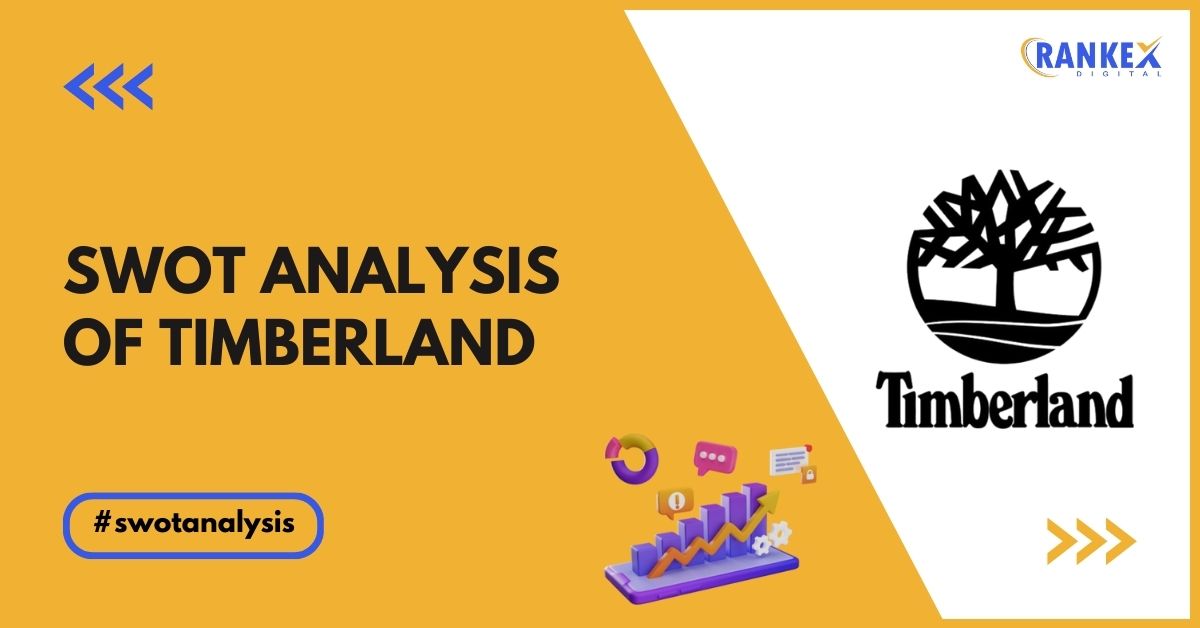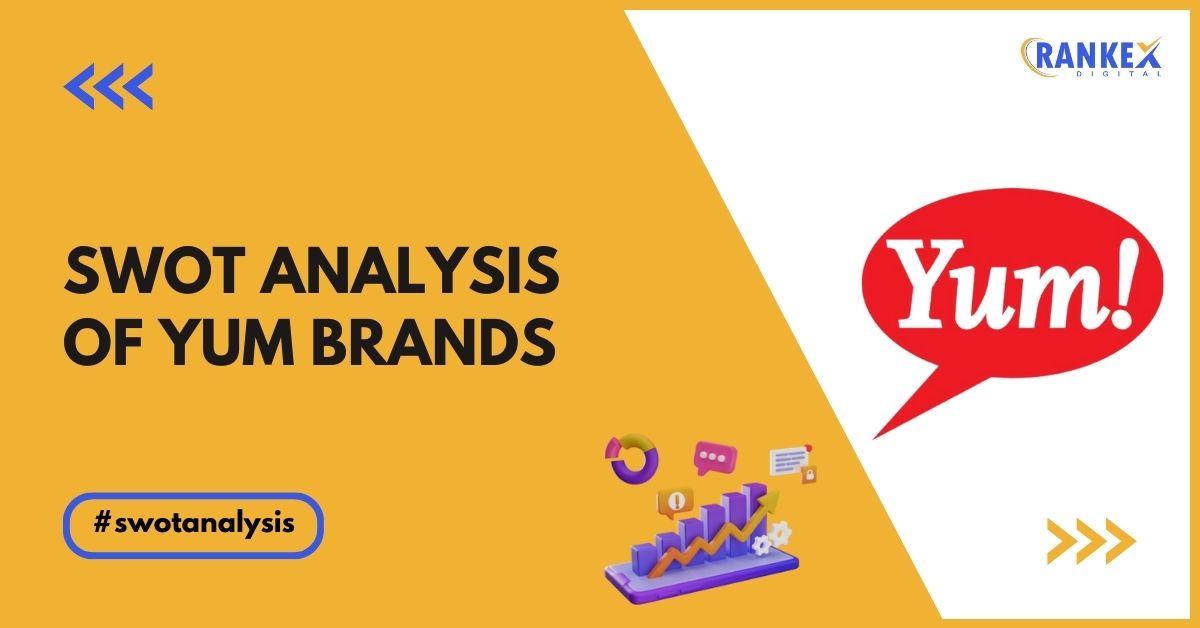Coca-Cola, one of the world’s most iconic brands, continues to lead the global beverage industry. With a vast portfolio of products and a strong global presence, Coca-Cola’s business strategy emphasizes innovation, sustainability, and consumer satisfaction.
This SWOT analysis of Coca-Cola provides an updated look at Coca-Cola’s strengths, weaknesses, opportunities, and threats.
In this blog
Overview of Coca-Cola
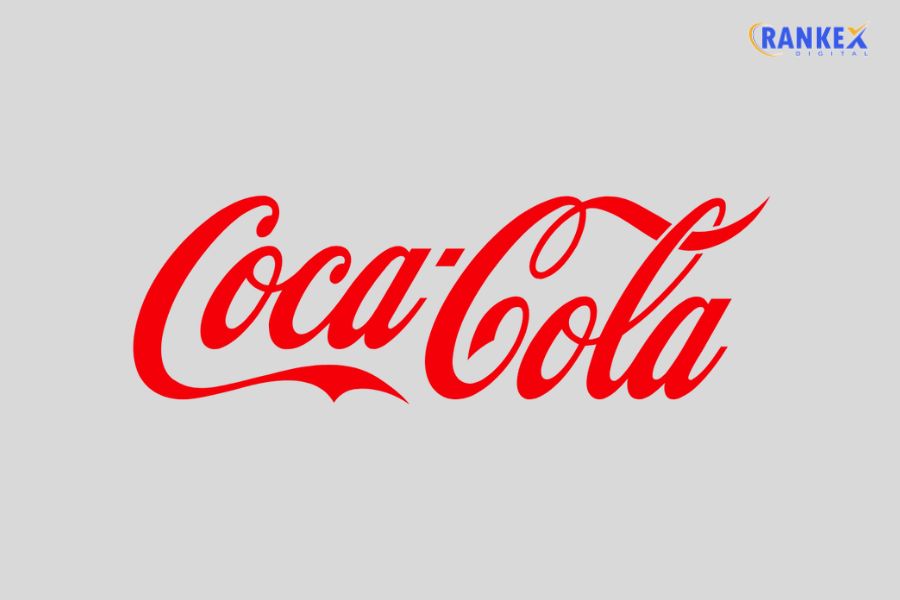
| Founder | John Stith Pemberton |
|---|---|
| Year Founded | 1886 |
| Origin | Atlanta, Georgia, USA |
| Industry | Beverage |
| Annual Revenue | $43 Billion (FY 2023) |
| Employees | 80,000+ |
Coca-Cola has become synonymous with soft drinks, but the company has evolved into a diversified beverage leader with products that include waters, juices, teas, coffees, and sports drinks. Its global presence and marketing power make Coca-Cola a household name in over 200 countries.
Current News on the Market on Coca-Cola
- Expansion in Healthier Beverages: Coca-Cola has been expanding its product portfolio in the low-calorie and zero-sugar segments, introducing new lines of beverages such as Coke Zero Sugar, along with fruit juices and sparkling water.
- Sustainability Initiatives: Coca-Cola is investing in sustainability through projects aimed at reducing plastic waste, improving water management, and increasing the use of recycled materials in its packaging.
- Digital Transformation: Coca-Cola has embraced digital marketing strategies, leveraging data analytics to drive personalized marketing campaigns and consumer engagement.
- Collaborations and Acquisitions: Coca-Cola continues to collaborate with and acquire smaller brands, such as its recent investment in BodyArmor, to strengthen its product portfolio in health-focused segments.
- Global Expansion Plans: Coca-Cola is focusing on expanding its presence in emerging markets such as Africa and Asia, which present substantial growth opportunities.
SWOT Analysis of Coca-Cola
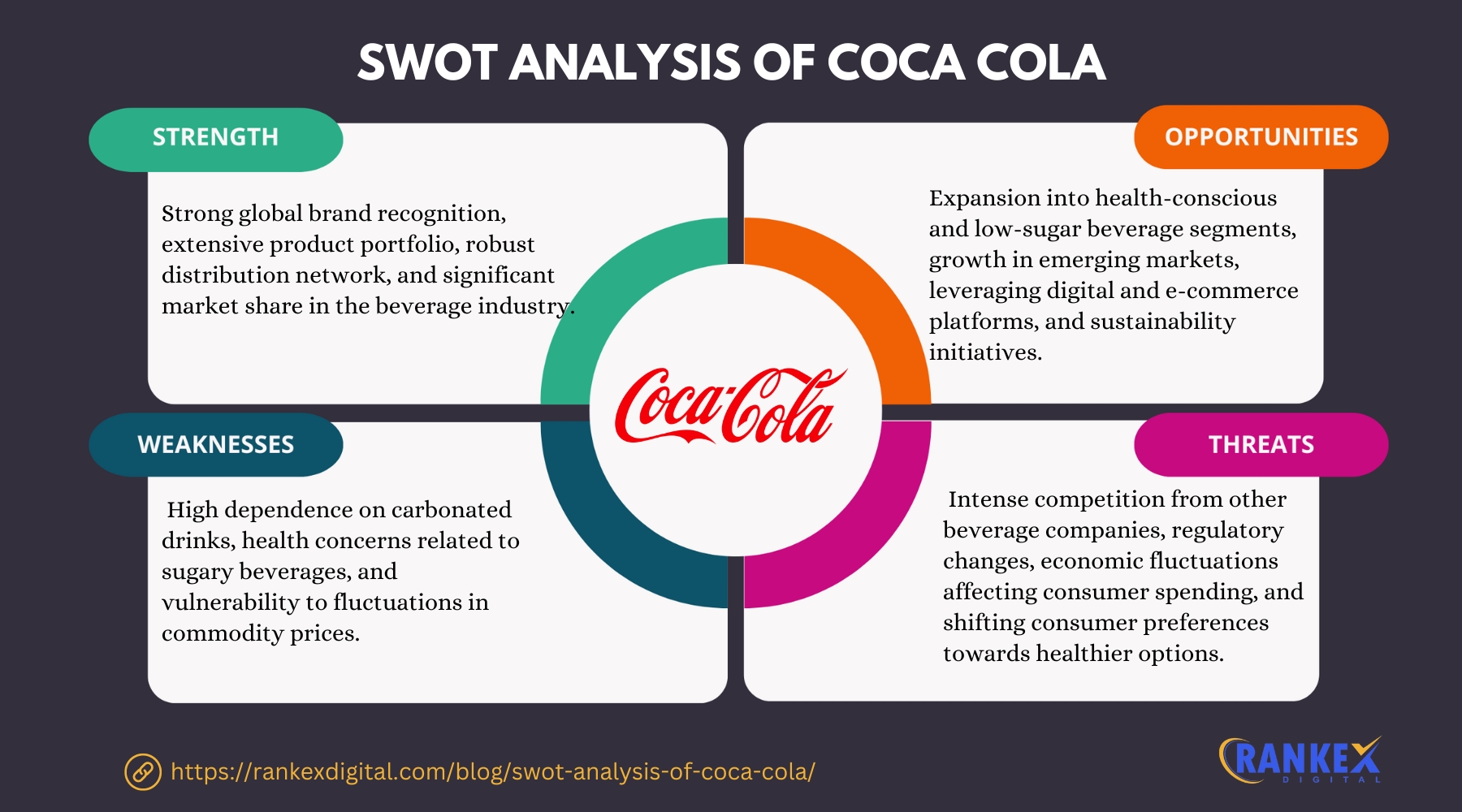
Strengths of Coca-Cola
- Strong Brand Recognition
Coca-Cola is one of the most recognizable and valuable brands in the world. Its global brand presence and market dominance provide a significant competitive edge over other beverage companies. - Diverse Product Portfolio
Coca-Cola’s product range includes over 500 brands in more than 200 countries. In addition to soft drinks, its portfolio includes juices, bottled water, teas, sports drinks, and low-calorie beverages. - Extensive Global Distribution Network
Coca-Cola has an unparalleled global distribution network, enabling the company to reach even the most remote markets. Its bottling partnerships and logistical capabilities ensure consistent product availability worldwide. - Strong Marketing and Advertising
Coca-Cola is renowned for its iconic advertising campaigns, which build emotional connections with consumers. The company’s marketing is highly effective in maintaining brand loyalty and attracting new customers. - Innovation in Product Development
Coca-Cola has consistently innovated by introducing new products, such as sugar-free and low-calorie options, as well as venturing into health-conscious and functional beverage segments.
Weaknesses of Coca-Cola
- High Dependence on Soft Drinks
Despite diversifying its portfolio, Coca-Cola remains heavily reliant on carbonated soft drinks for a significant portion of its revenue. This reliance may become a liability as consumer preferences shift towards healthier beverages. - Health Concerns
Coca-Cola faces criticism over the sugar content in its drinks, contributing to health issues like obesity and diabetes. Growing awareness of these health concerns has led to declining sales of sugary drinks in several markets. - Environmental Impact
Coca-Cola has been criticized for its environmental footprint, particularly its use of plastic bottles. The company’s role in contributing to plastic waste has attracted scrutiny from consumers and environmental groups. - Water Resource Management
Coca-Cola’s operations are water-intensive, and the company has faced challenges in regions where water scarcity is a critical issue. This raises concerns over sustainability and operational risks in water-stressed regions. - Slow Adaptation in Some Markets
Coca-Cola has been slower to adapt to changing consumer preferences in certain markets, especially in the shift towards healthier and organic beverages, giving competitors an opportunity to gain market share.
Opportunities for Coca-Cola
- Growth in Health-Conscious Products
As consumers increasingly opt for healthier and functional beverages, Coca-Cola has an opportunity to expand its low-sugar, zero-calorie, and organic product lines. Investment in these segments can cater to evolving consumer trends. - Expansion in Emerging Markets
There is substantial growth potential in emerging markets such as India, China, and Africa. Increasing disposable incomes and growing populations in these regions present opportunities for Coca-Cola to expand its market share. - Sustainability and Eco-Friendly Packaging
Coca-Cola can improve its brand image by investing in sustainable practices, such as reducing plastic waste, increasing the use of recycled materials, and innovating in eco-friendly packaging solutions. - Digital Transformation and E-Commerce
Leveraging digital platforms for personalized marketing and expanding e-commerce channels can enhance Coca-Cola’s reach. By using data analytics, the company can tailor products and promotions to specific consumer segments. - Acquisitions and Partnerships
Coca-Cola can continue to expand its portfolio by acquiring or partnering with companies that specialize in health-focused beverages, plant-based products, or functional drinks, positioning itself as a leader in the wellness market.
Threats to Coca-Cola
- Health and Regulatory Concerns
Increasing regulations on sugary drinks and growing consumer awareness of health issues related to sugar consumption pose significant threats to Coca-Cola’s traditional product lines. The imposition of sugar taxes in various countries has already impacted sales. - Intense Competition
Coca-Cola faces stiff competition from both global players like PepsiCo and local beverage companies in various markets. The increasing competition in healthier beverage categories also presents a challenge. - Changing Consumer Preferences
A shift in consumer preferences towards healthier, natural, and plant-based beverages threatens Coca-Cola’s carbonated soft drinks segment. Failing to keep pace with these changes could lead to a decline in market share. - Economic Fluctuations
Economic downturns, inflation, and currency volatility in key markets could negatively impact Coca-Cola’s sales and profitability, particularly in price-sensitive regions. - Environmental Regulations
Growing global emphasis on sustainability and stricter environmental regulations could increase operational costs for Coca-Cola, especially concerning packaging waste, carbon emissions, and water usage.
Competitors of Coca-Cola
- PepsiCo
PepsiCo is Coca-Cola’s primary global competitor, offering a wide range of beverages and snacks. The rivalry between Coca-Cola and PepsiCo spans decades, with both companies competing in various beverage categories. - Nestle
Nestlé competes with Coca-Cola in bottled water, juices, and health-conscious beverages. The company’s focus on nutrition and wellness products puts it in direct competition with Coca-Cola’s evolving product lines. - Keurig Dr Pepper
Keurig Dr Pepper is a key player in the North American market, offering a range of carbonated beverages, juices, and bottled water. It competes with Coca-Cola in the soft drinks and functional beverage segments. - Red Bull
Red Bull specializes in energy drinks and has carved out a niche market, competing with Coca-Cola’s energy drink brands. As the demand for energy drinks grows, Red Bull remains a significant competitor. - Unilever
Unilever’s focus on tea and functional drinks makes it a competitor in the health-conscious beverage space. The company’s growing portfolio of organic and wellness products puts it in competition with Coca-Cola’s health-focused offerings.
Conclusion
The SWOT analysis of Coca-Cola highlights the company’s strong brand presence, extensive distribution network, and diverse product portfolio as key strengths.
However, it also faces challenges related to health concerns, environmental impact, and dependence on soft drinks.
By capitalizing on opportunities in health-conscious products, digital transformation, and sustainability, Coca-Cola can strengthen its position in the beverage industry.
At the same time, it must address threats from regulatory changes, shifting consumer preferences, and intense competition to maintain its market leadership.
Frequently Asked Questions
1. What are Coca-Cola’s main strengths?
Coca-Cola’s main strengths include its strong global brand recognition, diverse product portfolio, extensive distribution network, and innovative marketing strategies.
2. How does Coca-Cola address environmental concerns?
Coca-Cola has been investing in sustainability initiatives, such as reducing plastic waste, improving water management, and increasing the use of recycled materials in its packaging.
3. What opportunities does Coca-Cola have for growth?
Coca-Cola’s growth opportunities include expanding its health-conscious product lines, entering new markets in emerging economies, and leveraging digital marketing and e-commerce channels.
4. What are the major threats to Coca-Cola’s business?
Major threats include health and regulatory concerns related to sugary drinks, intense competition from global and local players, changing consumer preferences towards healthier beverages, and economic fluctuations.
5. Who are Coca-Cola’s main competitors?
Coca-Cola’s main competitors include PepsiCo, Nestlé, Keurig Dr Pepper, Red Bull, and Unilever, each offering a variety of beverages and competing in different segments of the market.

